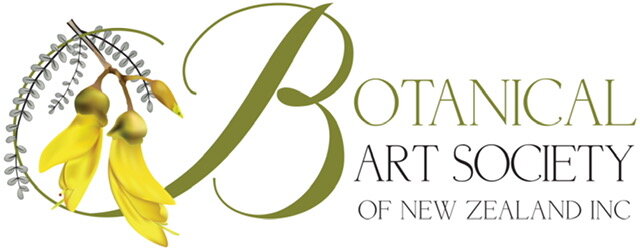Theme -
Crop Diversity
Following a recent meeting, the Botanical Art Worldwide - Steering Committee has agreed upon a theme for its next worldwide exhibition, set to launch in 2025.
The chosen theme is: Crop Diversity
More detailed information on the project will be provided as it becomes available but a summary has been produced to initiate this exciting project.
Introduction
The proposed 2025 exhibition will focus on and celebrate biodiversity in the crops that have been closely associated with the human species over thousands of years. The theme is designed to draw attention to the vast variety of food and useful plants available, in contrast with the relatively few varieties currently used in mass cultivation.
Plants eligible for inclusion are those cultivated for food, textiles, building, energy, and medicine. Currently, many heritage species and varieties are only cultivated in small quantities by specialist growers on a small scale. It is vital to promote this genetic diversity in a world challenged by a growing population and a changing climate.
Major Themes
Possible subjects include heritage plant cultivars developed by traditional means (selection, hybridization, and propagation) and their wild relatives, as well as ancient heritage crops being brought back into cultivation.
Plants eligible for inclusion are those cultivated for food, textiles, building, energy, and medicine.
Subjects include:
HERITAGE CROPS
Crops that are not used in modern, large scale monocultural agriculture. Crops chosen should have been in cultivation for a minimum of 50 years.
CROP WILD RELATIVES
Wild species that can be hybridized with cultivated crops to impart a new characteristic to the cultivated crop, or that are foraged wild plants.
ANCIENT CROPS
Those that have been cultivated for hundreds or thousands of years in the same form.
Extended Definition of Eligible Subjects
HERITAGE / HEIRLOOM CROPS
Anything grown for food on your table, from rice, corn, wheat, quinoa, and lemongrass, to potatoes, tomatoes, peppers, squash, and eggplants, to beverages like tea and coffee and spices like saffron, vanilla, allspice. Heritage crops cultivated for energy, clothing, shelter, and medicine are also eligible. This includes early progenitors of utilitarian species, such as cotton, flax, linseed.
CROP WILD RELATIVES
Wild plants that are related to important food and utilitarian crops and can be used in hybridization to increase resistance to disease or impart another important characteristic. A few examples are: wild grapes, coffee species, wild millet, wild potato or tomato species, sunflowers, bananas, wild rice. Wild edible foods that are foraged. For example, plums, finger lime, coconut, wild berries, and lilly pilly fruit. More than a third of wild fruit and veg relatives require urgent conservation according to the Crop Trust. https://www.croptrust.org/newscenter/
ANCIENT CROPS
Crops that have been cultivated for hundreds or thousands of years. For example, some varieties of sorghum, farro wheat, barleys, cowpea, and nuts. This category also includes foods cultivated, gathered, and selected by indigenous people around the world: taro, maize, amaranth, pumpkin, and many others.
Definition of Terms
Biodiversity:
The number and types of plants and animals that exist in an area or across the world.
Heirloom/heritage:
Old cultivar of a plant grown and used historically but generally not used in wide scale crop production. Selection: choosing plants with (generally) desirable characteristics for propagation.
Cultivar:
Type of plant bred for desired traits
Hybridization:
The process of producing plants from two different plants
Propagation:
Producing a new plant from a parent plant
Mutation:
The way in which genes change to produce permanent differences.
Sport :
A naturally occurring genetic mutation in a portion of a plant that causes it to exhibit a different and desirable trait. This part is then propagated to retain those characteristics.
All correspondence regarding this exhibition should be emailed to
baww25nz@gmail.com

